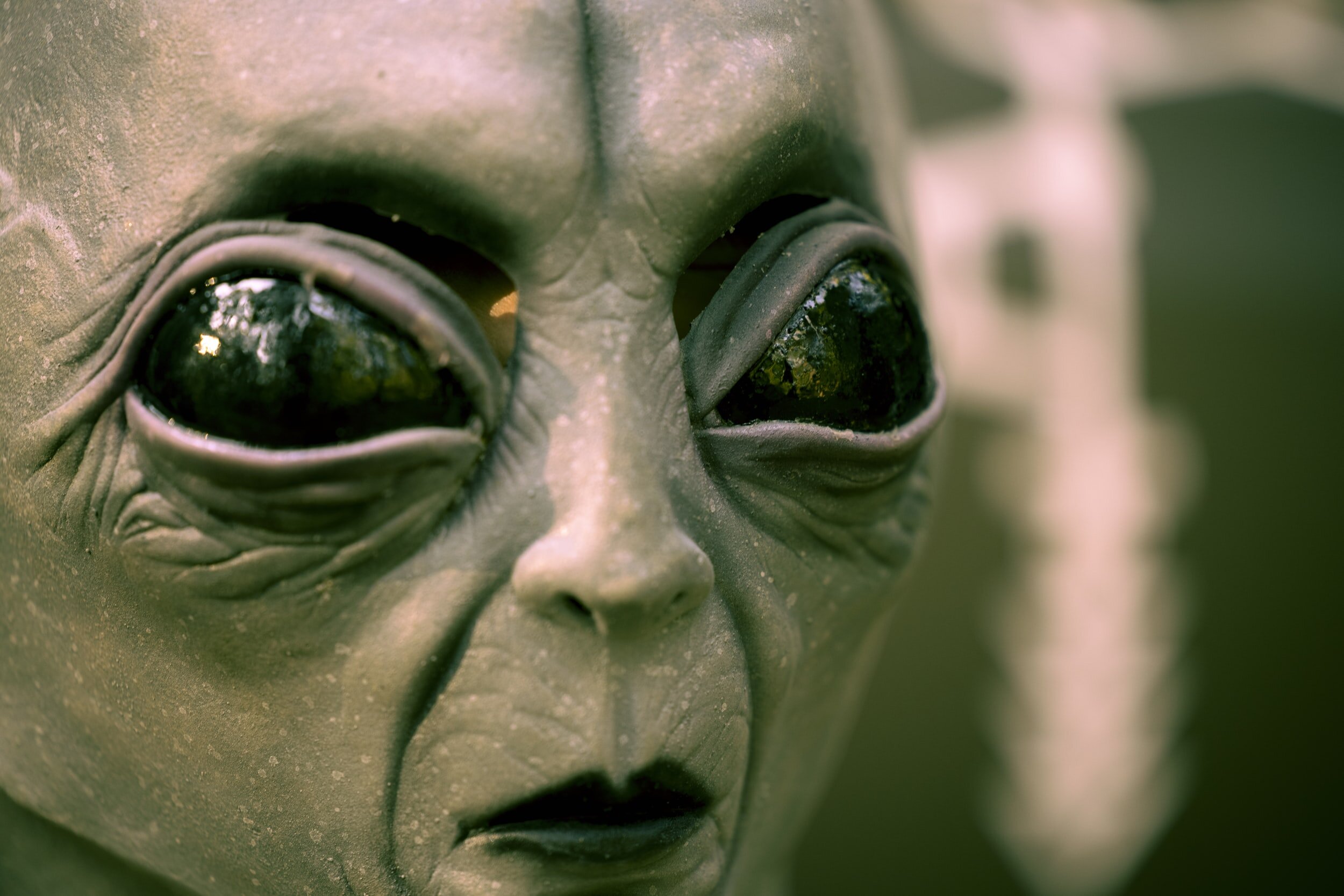Top Tips For Writing Science Fiction
No genre inspires greater devotion than science fiction. Like fantasy, it offers its readers an escape from the tedious and mundane. Unlike fantasy, however, its fans often hope to see the wonders described, from robot lovers to settlements on Mars. Science fiction stirs the imagination, and the reader often yearns to become the writer.
How You Write
No matter how interesting your story, no matter how original your ideas, no one will take you seriously if you cannot write correctly. If your comma use is erratic, or you put semicolons in the wrong place, a publisher will cast your work aside, probably unread. Grammar and punctuation are vital; unfortunately, they are also difficult. But you must at least master the basics, so get studying.
As for style, keep your prose sharp, clear and concrete. If you do nothing else, strive for clarity. Bad writing tends to be pompous, waffly and vague, so guard against this. The master of clear, concrete writing is George Orwell, and time spent on his essays is never wasted.
Always ground your writing in precise detail, cutting the adjectives and adverbs and replacing them with concrete nouns - in other words, things you can touch, like a bicycle or a hammer. Also, use active verbs, in which the subject of the sentence does the action.
Verbs are the key to good fiction. Often, a writer fills their work with adverbs in order to save feeble verbs. For example, they describe a man "walking" down the street. Aware that this is too vague, they then add "slowly," or "aimlessly." Had they chosen a better verb in the first place, like "shuffled," "ambled," or "wandered," there would have been no need.
Be cautious, however. In their search for striking and unusual verbs, fiction writers often choose something absurd. Your hero wouldn't "leap" into his time machine. If he did, he'd bang his head. And vast, interstellar spaceships don't "whip" through space ("whip" makes the reader think of whipped cream).
Finally, do not clog your sentences with polysyllabic words. If you write, "the Virturillian spaceship entered the Hirundian zone armed with zatrabbic lasers," it will sound not only ugly but comical.
Character
Do not neglect character. This is a common mistake among fantasy and science fiction writers, who often settle for two-dimensional cliches (the humble hero, the cowardly braggart, the eccentric professor). Too often, their interest lies elsewhere - in exploding stars, alien landings and intergalactic wars. Remember, the more believable your characters, the more believable your world.
If you struggle, try basing them on people you know. Or go and sit in a cafe or bar and observe the customers; study the way they sit, laugh, argue, boast and assert dominance. Do the same with friends and family. Be alert to everything, especially odd or striking mannerisms - a peculiar laugh, a facial tick, a nervous way of speaking or drinking. You could even keep a notebook and fill it with such details, adding what you learn about their regrets, insecurities, desires, and so on.
Readers want two things above all: character and conflict. And they want those characters to be individuals, with their own way of moving and speaking and reacting. The masters of character - Chaucer, Shakespeare, Tolstoy, Dickens, etc - don't merely create characters. Anyone can do that. They fill their work with individuals. Watch your neighbours and note how much they vary, not just in intellect or height but speech patterns and walking style. People are endlessly fascinating, and none are identical.
Speech is particularly important. Stories will often be rejected because the author has failed to include enough dialogue, preferring great blocks of narrative instead. Or they do write dialogue, but have all their characters sound the same. Indeed, there may be no difference between the dialogue and third person narrative. Think of the great characters in literature - Jane Austen's Mr Darcy, Mark Twain's Huckleberry Finn, P. G. Wodehouse's Bertie Wooster - they all have their own way of speaking.
Once you have your characters, they must do something, so get them moving (D. H. Lawrence, for example, once complained that Aldous Huxley's characters don't do anything, merely talk). Have them react to their surroundings. This is especially important in science fiction. Often, the author will describe an alien planet, or monstrous alien, then describe her hero or heroine, but fail to connect the two. Your characters must bang their head on the laser cannon, wince from the heat of an exploding rocket, run their hand through the dry alien soil, and so on.
Authenticity
If you want your future dystopia to seem authentic, pack your story with concrete detail. Florid descriptions aren't enough. For example, in The Road to Wigan Pier, George Orwell's account of life in a poor mining district in northern England, he describes a great, sooty thumbprint left on the bread by his landlord. This sharp, specific detail says it all: poverty, drudgery and routine have worn away the social niceties. Had Orwell simply told us that, it would have meant nothing. Instead, he shows us, and he does so through a concrete detail, something that creates an image.
Imagine you set a short story in 2090. Global temperatures have spiraled, causing sea levels to rise and flood the coastal cities. The world's population, meanwhile, has grown so large that many now live underground, where a war has broken out between the genetically pure and genetically modified. It won't be long descriptions that make your reader shiver, but the bloody handprint in the subterranean tunnel.
Plot & Ideas
Though science fiction is driven by ideas, you mustn't allow them to overwhelm the plot. Remember, the reader wants a story. They want conflict, colour and emotion, not a science lecture.
Before you can build your plot, however, you need original and interesting ideas. A study of the masters (H.G. Wells, Arthur C. Clarke, J.G. Ballard, etc) would be a good place to start. But don't confine yourself to fiction. Popular science can be a treasure house, so read your Carl Sagan and Stephen Hawking as well. Futurologists are another great resource. They analyse current trends and predict future developments, not just scientific and technological but social, political and economic.
Once you have done your reading, make a list of the subjects that interest or concern you: A.I., overpopulation, genetic engineering, climate change, radical life extension, etc. Next, settle on a date and time - Chicago, New Year's Eve 2099, for example. Now imagine the scene. It's snowing and people are laughing, drinking and setting off fireworks. But a young man hurries home, oblivious to the celebrations. Why? What's troubling him? Has he fallen in love with a sexbot? Has an A.I. system just replaced him at work? Once you have an idea, allow it to take shape in your unconscious.
Ultimately, you must find your own way. You don't have to include character or conflict. You don't have to do anything (other than entertain the reader). In general, however, science fiction is a matter of balancing the exotic and the human. On the one hand, you have the world of aliens and virtual reality, on the other that of love and sex, loneliness and grief. Bring them together and you have your story. And in the realm of science fiction, you are limited only by your imagination.




